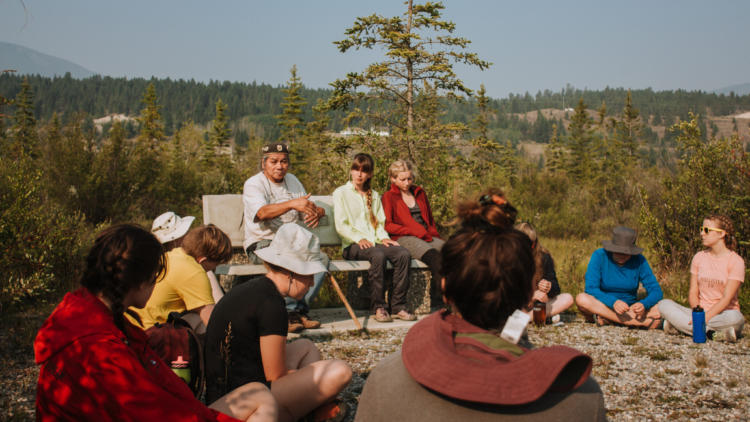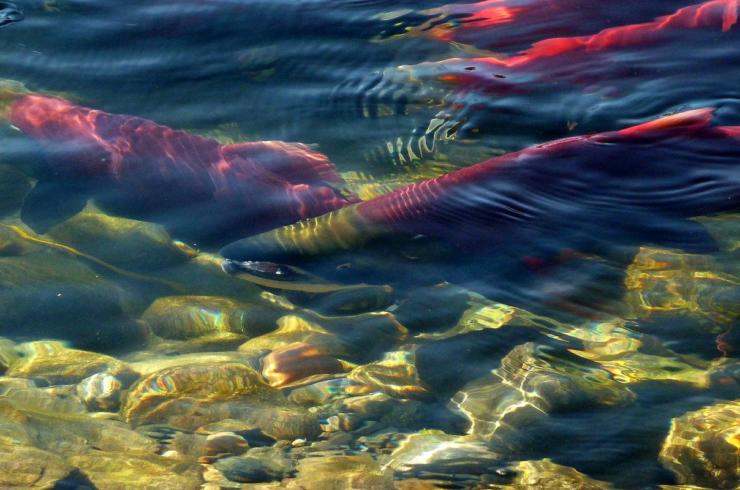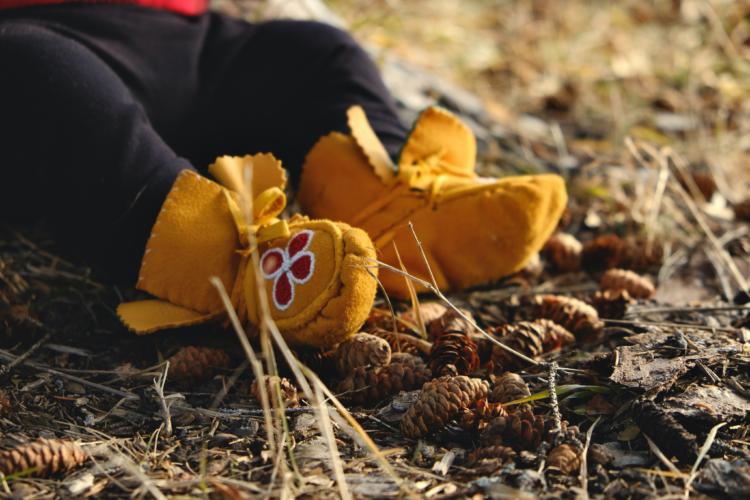June is National Indigenous History Month in Canada. And this year, the sobering reality of why we recognize this month became all the more apparent as the discovery of children’s bodies buried without grace or respect on the grounds of the Kamloops Residential School horrified and shocked the world.
We grieve the lost lives of these children and the countless other Indigenous people impacted by the cruelty of Canada’s settler colonialism. At Wildsight, we seek to recognize and acknowledge this ongoing tragedy, and work to repair relationships and support Indigenous leadership on the lands and waters of this nation.
From the historic Qat’muk Indigenous Protected and Conserved Area, to the greater Kootenay-Columbia region and beyond, we respect our Indigenous partners’ leadership as we collaborate to repair our nation’s damaged land and people.
As this month draws to a close, please take some time to delve into available resources to continue this important work on reconciliation with each other and with the natural world.
“Reconciliation between Aboriginal and non-Aboriginal Canadians, from an Aboriginal perspective, also requires reconciliation with the natural world. If human beings resolve problems between themselves but continue to destroy the natural world, then reconciliation remains incomplete. This is a perspective that we as Commissioners have repeatedly heard: that reconciliation will never occur unless we are also reconciled with the earth.” Truth and Reconciliation Commission (page 18).

Indigenous learnings:
- United Nations Declaration on the rights of Indigenous Peoples
- Read the final report of the Truth and Reconciliation Commission of Canada
- See the Assembly of First Nations report card on the Truth and Reconciliation actions
- First Voices: a language tool
- Y2Y Ethical Space Dialogue
- Read Braiding Sweetgrass by Robin Wall Kimmerer
- Find out whose territory you are on
- Dene Elders guide effort to save vanishing Arctic caribou
- Indigenous Climate Action
- ‘All you see is a memory’: inside the Blueberry River First Nations’ fight to repair a broken landscape
Columbia Basin learnings
- Bringing the Salmon Home: Columbia River Salmon Reintroduction Initiative
- Chief Joe Pierre: Ktunaxa Creation Story recorded webinar
- College of the Rockies Indigenous history Month Speaker Series (Note that these recordings are only available until June 30th):
- Alfred Joseph
- Michele Sam. Passcode: IHM2021_Michele
- Marlin Ratch. Passcode: IHM2021_Marlin
- Sophie Pierre – Traditional Relationship With This Land
- All living things: Our Qat’muk interview with Ktunaxa storyteller Joe Pierre
- Yaqan Nukiy Wetland Restoration Project recorded webinar
Family resources
- Outdoor Learning store resources
- Birdsong, by Julie Flett
- Ktunaxa Creation Legend Performed by Students from ʔaqamnik School Elementary School
- When We Are Kind, by Monique Gray Smith
- Indigenous Knowledge and Perspectives in K-12 Curriculum
- Indigenous explorations for kids









